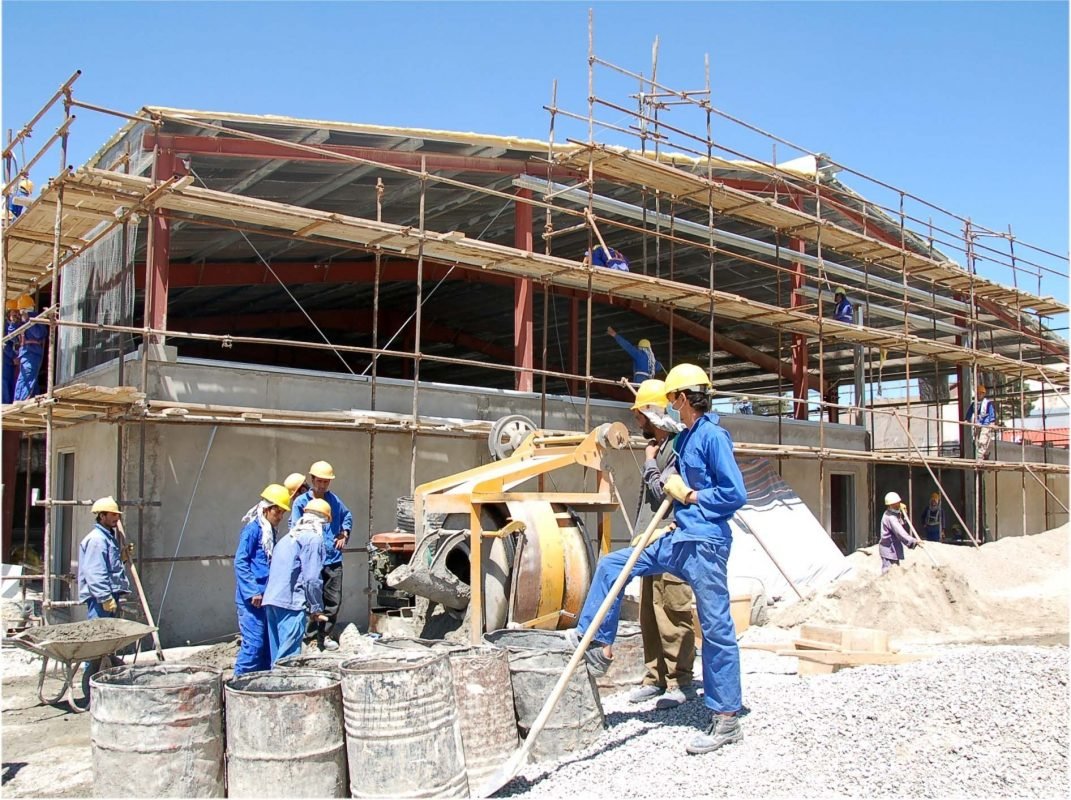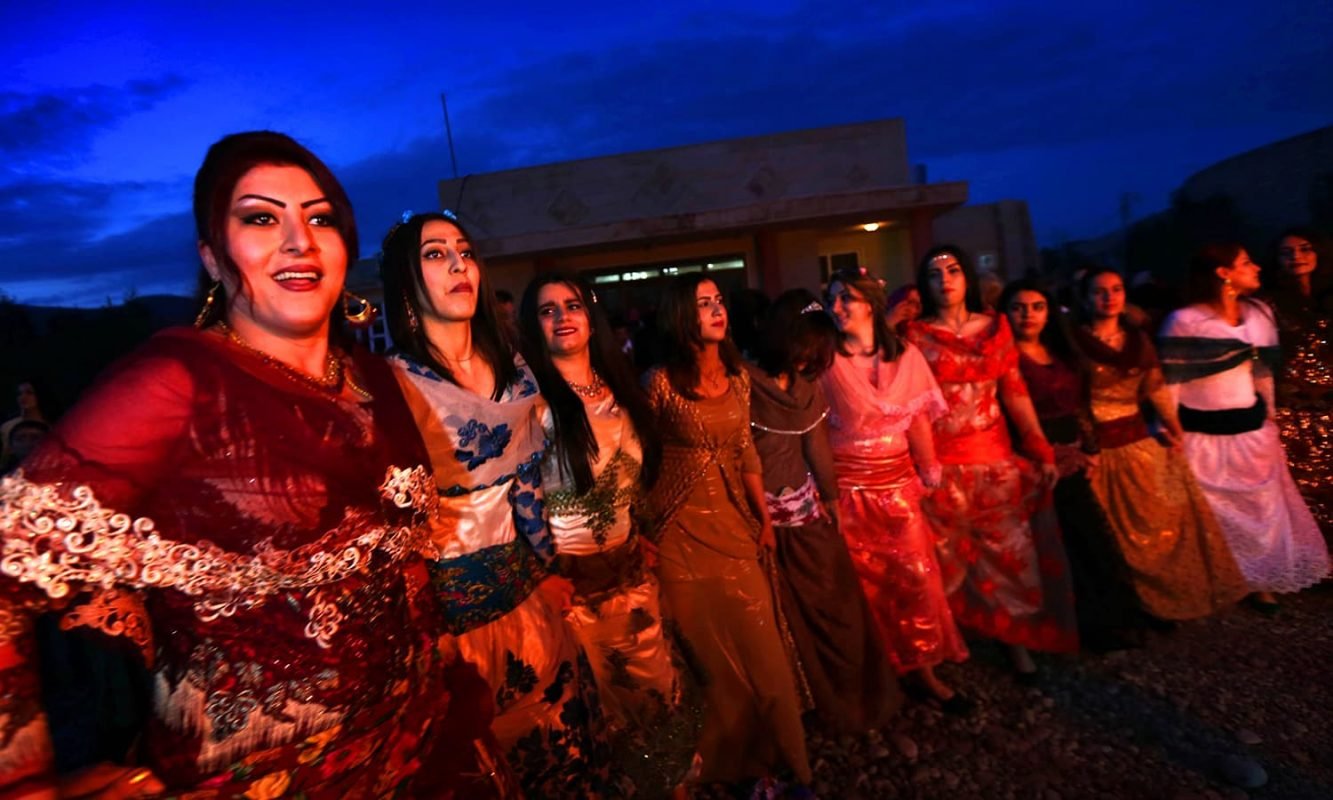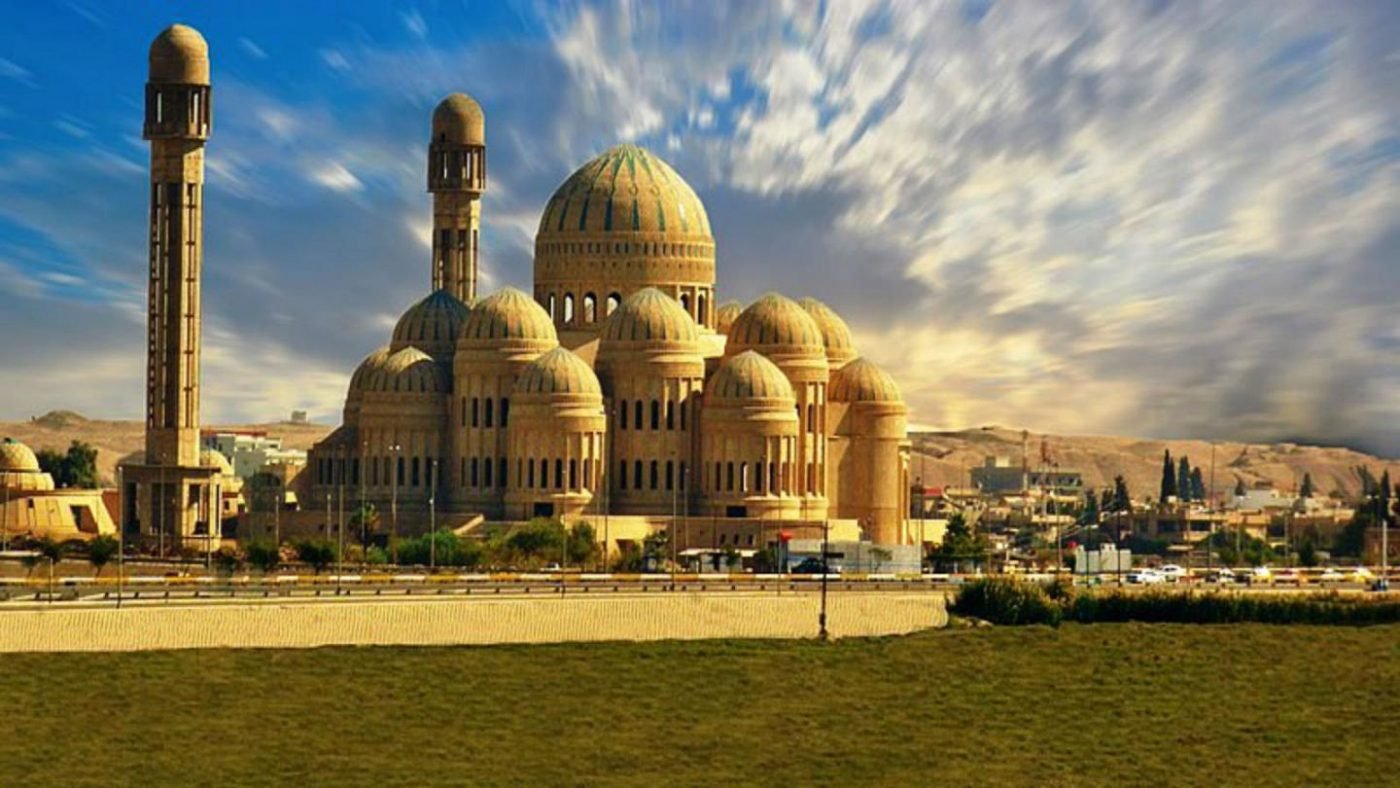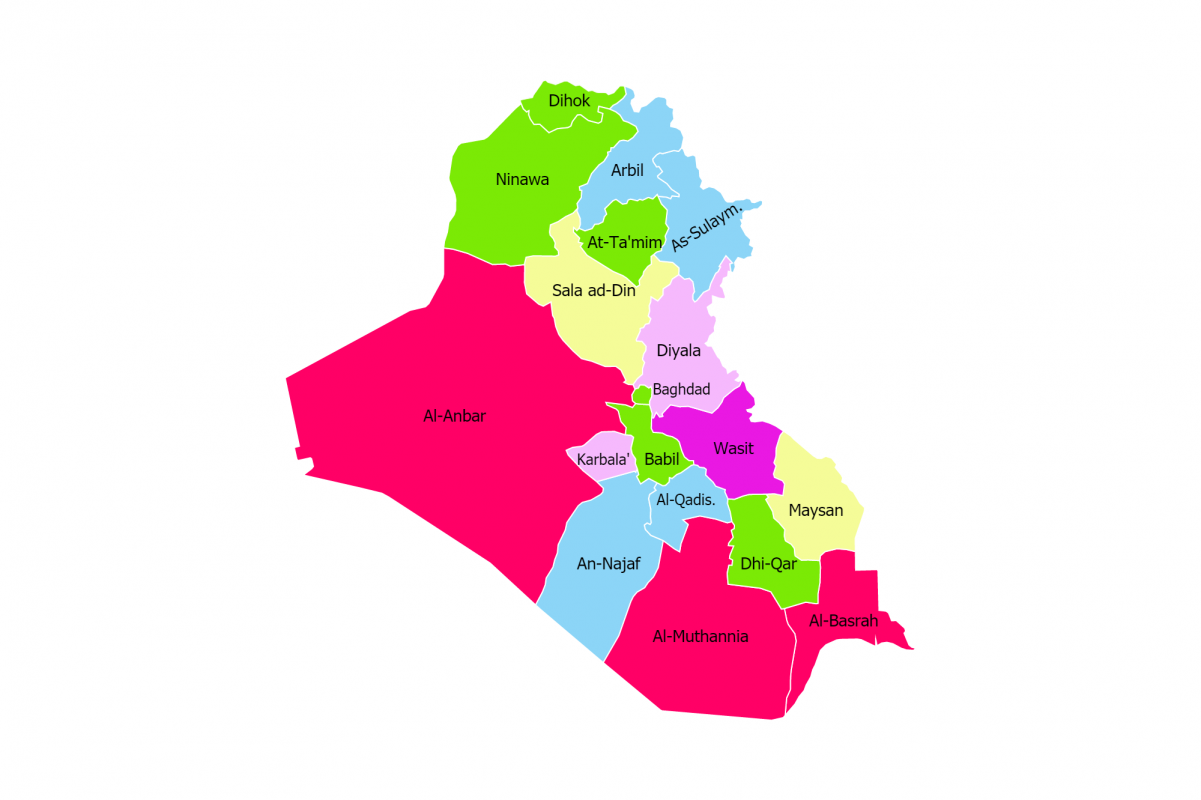CURRENCY
BUSINESS OPPORTUNITIES IN IRAQ
IRAQ




FLAG

IRAQ
CAPITAL CITY

BAGHDAD

IRAQI DINAR
Language

Population

4.12 CRORES
Country
Calling Code

+964
LOCATION:

THE MIDDLE EAST
BORDER COUNTRIES:
TURKEY
TRAN
SYRIA
JORDAN
SAUDI ARABIA
KUWAIT
ABOUT IRAQ
Amongst all the countries in Western Asia, Iraq, officially the Republic of Iraq, is a country located in the Mesopotamian plain, stretching across much of the northwestern end of the Zagros mountain range, and encompassing the fertile lands between the Tigris and Euphrates rivers. Iraq is historically known as the “Cradle of Civilization,” home to ancient Mesopotamia, and has played a central role in Islamic history. Today, it is a major global oil producer, vital to the world’s energy supply. The capital of Iraq is Baghdad, which is its largest and most populous city, serving as the country’s primary administrative, economic, and cultural hub. According to the World Bank, Iraq has maintained its status as an Upper-Middle Income Economy, largely due to its oil wealth. The currency of Iraq is the Iraqi Dinar (IQD). As of today’s exchange rates (June 2025), 1 Indian Rupee is approximately 17.88 Iraqi Dinar. The population of Iraq is estimated at approximately 45.5 million in 2024. Its neighboring countries are Kuwait and Saudi Arabia to the south, Jordan to the west, Syria to the northwest, Turkey to the north, and Iran to the east. Iraq has a very narrow coastline on the Persian Gulf at Umm Qasr, which is crucial for its oil exports and trade. The official languages of the country are Arabic and Kurdish. While Arabic is dominant, English is used in business and government, and its usage is growing. Islam is the official religion of Iraq, with the majority of the population being Muslim (both Shia and Sunni), alongside various religious minority groups including Christians, Yazidis, and others. Iraq has several international airports, including Baghdad International Airport (BGW), Basra International Airport (BSR), Erbil International Airport (EBL), Sulaymaniyah International Airport (ISU), and Najaf International Airport (NJF). Its main commercial seaports are Umm Qasr Port (the primary deep-water port), Basra (Al-Maqal) Port, and Khor Al Zubair Port, all vital for the country’s trade.
The standard corporate income tax rate in Iraq is generally 15% for most incorporated businesses. However, companies operating in the oil and gas sector may face a higher rate of up to 35% due to special agreements. Iraq’s National Investment Law (2006, amended 2015) aims to attract foreign direct investment by offering various incentives. These typically include a 10-year tax exemption for qualified investments, exemptions from import duties on essential equipment and raw materials, and permission for investors to repatriate capital and profits. Additional exemptions may apply to specific sectors like hotels, hospitals, and educational institutions. The National Investment Commission (NIC) is the key government body responsible for promoting, licensing, and facilitating foreign investments across Iraq. The Kurdistan Regional Government (KRG) also operates under its own investment law, offering similar or sometimes more extensive incentives in the Kurdistan Region. Opesh Group of companies will be helping you in completing the Due Diligence process which includes financial planning, registration process, business options, and if required, even helping you find a Rental property for your office.
Establishing a business in Iraq involves navigating a complex but improving regulatory environment. The National Investment Commission (NIC) and regional investment boards (like the Kurdistan Board of Investment, KBOI) are key authorities for foreign investors, aiming to streamline licensing and project approvals. For foreign investors looking to enter the Iraqi market, common business structures include establishing a Private Limited Liability Company (LLC), a Branch Office of a foreign entity, or a Representative Office. While 100% foreign ownership is generally allowed in many sectors under the Investment Law, there are restrictions on foreign ownership in natural resources extraction and processing (specifically in federal Iraq, where foreign ownership is limited to 49%). However, the Kurdistan Region often allows 100% foreign ownership. Despite efforts to simplify procedures, challenges related to bureaucracy, legal predictability, and infrastructure can still arise.
In case an investor is planning to establish an LLC or a corporate business setup in Iraq, Opesh Group will be helping you in taking the right decision for setting up your business in Iraq and we will also guide you about how to follow the procedure while formulating your company in Iraq.
Types of Business which can be started in Iraq:
- Oil & Gas Sector: The dominant sector. Opportunities exist in exploration, extraction, refining, petrochemicals, and related services, particularly in developing non-associated gas fields and modernizing infrastructure.
- Infrastructure & Construction: Significant need for reconstruction and development across all sectors (housing, roads, railways, ports, power plants, hospitals, schools). Huge opportunities for construction companies and suppliers.
- Power Generation: Addressing persistent electricity shortages, there are opportunities in building new power plants (conventional and renewable), upgrading existing grids, and distributing power.
- Agriculture: With fertile land along the rivers, opportunities lie in modernizing agricultural practices, irrigation systems, food processing, and enhancing food security.
- Healthcare: Decades of underinvestment mean significant opportunities in establishing new hospitals, clinics, medical equipment supply, and pharmaceutical distribution.
- Renewable Energy: Iraq aims to diversify its energy mix. Opportunities are growing in solar power projects and other renewable energy initiatives.
- Banking & Financial Services: As the economy expands, there’s potential in modernizing the financial sector, digital banking, and financial technology services.
Advantages of Starting Business in Iraq:
- Vast Oil Reserves: Second-largest proven oil reserves in the world, driving the economy and providing significant revenue.
- Massive Reconstruction Needs: Tremendous demand across all infrastructure sectors, creating large-scale project opportunities.
- Large Domestic Market: A population of over 45 million with increasing purchasing power.
- Strategic Location: Geographically central in the Middle East, offering potential as a regional transit hub.
- Investment Incentives: Government offers tax exemptions and other benefits to attract foreign investors.
- Emerging Market Potential: Despite challenges, offers significant long-term growth prospects as stability improves.
Business Opportunities for Indians in Iraq: There are excellent business opportunities in Iraq for new investors who are planning to start their business abroad, particularly for Indian companies given historical ties and India’s energy needs. India is one of Iraq’s largest crude oil export destinations. Indian investors can particularly explore avenues in:
- Oil & Gas: Direct involvement in upstream, midstream, and downstream projects. India’s reliance on Iraqi crude makes this a strategic sector.
- Infrastructure & Construction: Participation in large-scale reconstruction projects, including roads, railways, power plants, and housing.
- Power Sector: Investment in thermal and renewable (solar) power generation projects.
- Pharmaceuticals: Export and potential local manufacturing or distribution of Indian pharmaceutical products, given the demand for affordable healthcare.
- Agriculture & Food Processing: Opportunities in modernizing agriculture, food processing units, and cold chain logistics.
- Education & Healthcare: Establishing educational institutions or healthcare facilities.
- IT & Digital Services: As Iraq focuses on digital transformation, Indian IT expertise can find opportunities.
Imports & Exports: Many goods are imported and exported from Iraq. Imports and exports business is an ever-growing business in any country; however, you need to do proper R&D before investing in that product which you can import or export. You need to check whether that product is suitable for your target market and how much revenue you will be able to generate from that market.
Major items which are exported from Iraq:
- Crude Petroleum (over 90% of exports)
- Refined Petroleum Products
- Gold (re-exports)
- Petroleum Gas
- Sulfur, Cement (limited)
Major items which are imported in Iraq:
- Refined Petroleum Products (despite being an oil producer)
- Machinery and Transport Equipment
- Vehicles
- Foodstuffs
- Electrical Equipment
- Chemicals
Major items traded between Iraq and India (as of 2023-2025 data):
- Exports from Iraq to India: Crude Petroleum (dominant), Refined Petroleum Products. India is a top destination for Iraqi oil.
- Imports in Iraq from India: Pharmaceutical products, machinery, electrical equipment, textiles, food items (e.g., rice, tea), chemicals, and engineering goods.
Manufacturing: Manufacturing in Iraq, outside of the oil sector, is relatively underdeveloped due to decades of conflict and underinvestment, but it is a focus area for diversification. The sector primarily includes cement, fertilizers, some petrochemicals, food and beverage processing, and basic consumer goods. Efforts are underway to revitalize and expand the industrial base, particularly in areas that can add value to local raw materials.
Mining: While dominated by oil and gas, Iraq also possesses significant non-hydrocarbon mineral resources. It holds the world’s second-largest proven phosphate reserves (over 10 billion tonnes), as well as large deposits of sulfur, silica, gypsum, and limestone. There are also deposits of iron, manganese, copper, and gold. The government is actively seeking international investment to develop these untapped mining sectors as part of its economic diversification strategy.
- GDP = $277.48 billion (nominal, 2024 est.)
- GDP Growth = -2.3% (overall, 2024 est. due to oil production cuts), Non-oil GDP growth 2.5% (2024 est. IMF); 1.0% (non-oil, 2025 forecast IMF)
- Ease of doing business rank = The World Bank’s ‘Doing Business’ report has been discontinued. Iraq faces significant challenges in its business environment, though efforts like a new online single-window system for business registration are being made to improve it.
- GDP per Capita = $6,095 (nominal, 2024 est.)
Thanks for reading this Article. Watch our Video and know more about Iraq. For any Business Enquiry Join Millionaire Program and change everything in life and Business.. Call/ WhatsApp +91- 8094607111.
MOST RECENT VIDEOS
SIGN UP TODAY
Get our exclusive content and offers in your inbox











